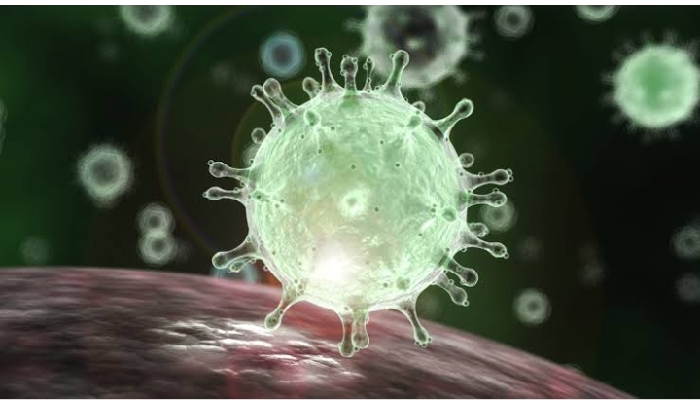New Delhi, Feb 2: Prime Minister Narendra Modi held a late night meeting with food and farm officials last week to address falling agricultural output and rising prices, and traders warn the country will soon be a net buyer of some key COMMODITIES for the first time in years.
 Back-to-back droughts, the lack of long-term INVESTMENT in agriculture and increasing demands from a growing population are undermining the country's bid to be self-sufficient in food.
Back-to-back droughts, the lack of long-term INVESTMENT in agriculture and increasing demands from a growing population are undermining the country's bid to be self-sufficient in food.
That is creating opportunities for foreign suppliers in generally weak commodity MARKETS , but is a headache for Modi, who needs the farm sector to pick up in order to spur economic growth and keep his political ambitions on track.
"The top brass is dead serious about the farm sector that is so crucial to our overall economic growth and well-being," said a source who was present at the recent gathering of Modi, his agriculture and food ministers and other officials.
Modi sat through presentations and asked the ministers to ensure steady supplies and stable prices, urging them to find solutions, the source said. Modi did not suggest any immediate interventions of his own.
The long term impact on commodity markets could be significant.
Last month, India made its first purchases of corn in 16 years. It has also been increasing purchases of other products, such as lentils and oilmeals, as production falls short.
Wheat and sugar stocks, while sufficient in warehouses now, are depleting fast, leading some TRADERS to predict the need for imports next year.
"There's a complete collapse of Indian agriculture, and that's because of the callous neglect by the government," said Devinder Sharma, an independent food andTRADE policy analyst.
"Given the state of agriculture, I'm not surprised to see India emerging as an importer of a number of food items. Maize is just the beginning."
Growing distress
Agriculture contributes nearly 13 percent to India's $2 trillion economy and employs about two-thirds of its 1.25 billion people.
Government sources said that boosting irrigation, raising crop yields and encouraging farmers to avail of a new crop insurance scheme unveiled in January will help address growing distress in the countryside caused by poor harvests.
Modi has already loosened controls on some imports.
But one of his biggest dilemmas is that although imports can help cool prices - a key concern for the ruling Bharatiya Janata Party's core middle-class voter base - farmers see them as benefiting foreign producers at the cost of locals.
In a recent interview with television channel ET Now, Finance Minister Arun Jaitley said the government was aware of the impact two bad monsoons have had.
"That now tells me, please spend more on irrigation," he said.
The farm sector needs to grow at about 3 percent to help Jaitley achieve his target of 7 to 7.5 percent economic growth in the 2015/16 fiscal year.
In the first half of this fiscal year, agricultural growth fell to 2 percent from 2.4 percent a year earlier.
Who are the winners?
India's entry into the MARKET as a net importer is good news for suppliers like Brazil, Argentina, the United States and Canada, which are suffering from a global commodity glut.
India's move to import corn, for example, has supported global prices. Corn values rose 2.6 percent after India said on Jan. 13 that it would launch a second tender for 200,000 tonnes, its second since announcing plans to buy half a million tonnes.
Traders say India may need to import another 1.5-2.0 million tonnes.
The next big import item on the list could be oilmeals, an animal feed, which India used to export in large quantities until last year.
"Very soon we'll be left with no choice but to import oilmeals, largely because our oilseed production has failed to keep pace with our demand for both vegetable oils and oilmeals," said B.V. Mehta, head of TRADE body Solvent Extractors' Association.@Body.






Comments
You must be a part of a competition for one of the finest blogs on the net.
I'll recommend this site!
my website - monster squad hack download: http://Www.genhacks24.com/monster-squad-hack-free-gold-gems/
h my goodness! an amazing article dude. Thank you Nonetheless I am experiencing issue with ur rss.
Don’t know why Not Able To subscribe to it. Is there anyone
getting identical rss issue? Anyone who knows please answer.Thanks
Check out my web page - Shadow
Fight 2 Hack Free Download: http://Genhacks24.com/shadow-fight-2-hack/
Add new comment